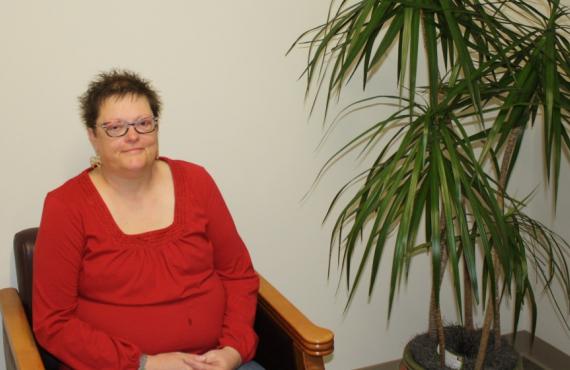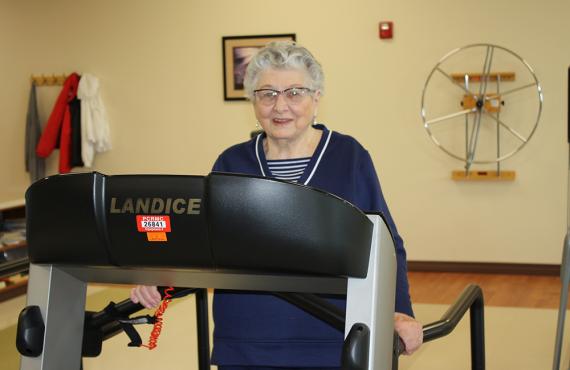Published on October 13, 2021
Read Time: Three Minutes
By Kan Huang, MD, PhD
Phelps Health
Other than skin cancer, breast cancer is the most common cancer among American women. Approximately one in eight women in the US will be diagnosed with breast cancer at some point during her lifetime.

Most breast cancer cases are diagnosed in women who are 50 years or older. While your chances of getting breast cancer increase as you age, breast cancer can happen at any age.
If you have a family history of breast cancer, you are at an increased risk of developing breast cancer. About 5% to 10% of breast cancer cases are considered hereditary.
In addition, if you carry inherited mutations of certain genes, such as BRCA1 and BRCA2, you may be at higher risk of not only breast cancer, but also ovarian cancer and other related cancers.
Other risk factors for breast cancer include the following:
- Early menstrual periods before age 12
- Late menopause after age 55
- Never having a full-term pregnancy
- Having your first pregnancy after age 30
- Not breastfeeding
- Being overweight or obese
- Not being physically active
- Drinking alcohol
- History of receiving radiation in the breast or chest area
- Some non-cancerous breast diseases
- Taking hormonal replacement therapy (including estrogen during menopause for a long time)
Women who have already had breast cancer also are more likely to get breast cancer a second time.
The most important thing you can do to lower your risk of breast cancer is get a yearly mammogram starting at age 40. Mammograms are low-dose X-rays that detect changes in breast tissue.
Other ways for women to lower their risk of breast cancer include:
- Be physically active. The American Cancer Society recommends that adults get at least 2.5 to 5 hours of moderate intensity exercise or 75 to 150 minutes of vigorous intensity activity each week.
- Limit alcohol. Drinking no alcohol is best. If you do drink, limit your alcohol to no more than one drink (12 ounces of beer or equivalent) per day.
- Avoid hormonal replacement therapy, if possible. Discuss the risks and benefits with your doctor if you need hormonal replacement therapy.
- Breastfeeding has been found to lower the risk of breast cancer.
In addition to exercising and limiting alcohol, women at a higher risk of getting breast cancer can reduce their risk in the following ways:
- Discuss your risks with your doctor. Ask for the best screening tests and what age you should start breast cancer screenings. Some patients with high risk may need to begin breast cancer screenings by MRI (magnetic resonance imaging) starting in their 20s.
- Genetic consultation may help patients with a family history of breast cancer to lower their risk.
Based on recommendations from the American Cancer Society and National Comprehensive Cancer Network, women with an average risk of breast cancer should start annual breast screening mammograms once they turn 40 years old.
Women with dense breasts may need breast ultrasounds or MRIs instead of mammograms.
Screenings should continue as long as you are in good health and are expected to live 10 more years or longer.
Women 55 years and older may discuss with their doctor about switching to mammograms every other year.
Women with an increased risk of breast cancer need to discuss screenings with their doctors. Each patient’s screening plan is different, depending on their family history, their risk of carrying mutations and other risk factors.
Schedule your mammogram today. Call Centralized Scheduling at (573) 458-7737.
Find Cancer Care, Close to Home
Kan Huang, MD, PhD, is a board-certified medical oncologist and hematologist at Phelps Health. Learn more about cancer care services at Phelps Health or call the Phelps Health Delbert Day Cancer Institute at (573) 458-3324.

